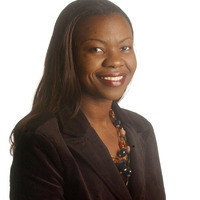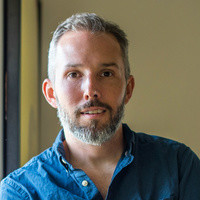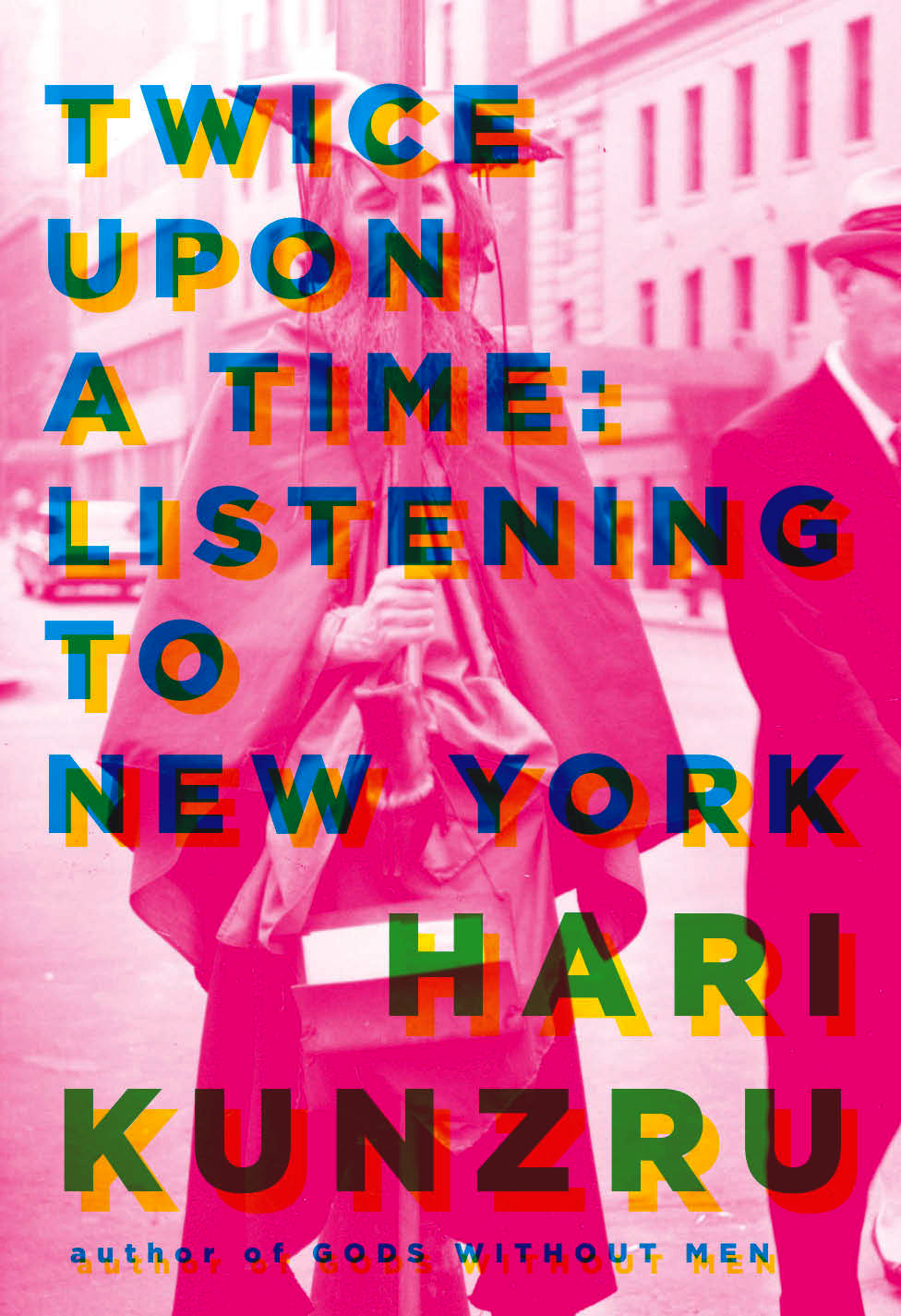Keith Haring: An Intimate Conversation
A profile of the artist.
"Unfortunately, death is a fact of life. I don't think it's happened to me any more unfairly than to anyone else. It could always be worse. I've lost a lot of people, but I haven't lost everybody. I didn't lose my parents or my family. But it's been an incredible education, facing death, facing it the way that I've had to face it at this early age."











